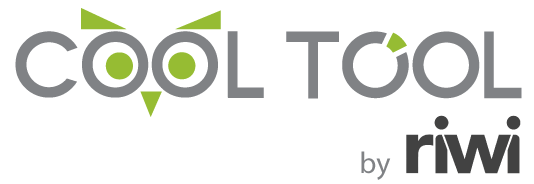By Neil Seeman and Mercedes Fogarassy
A brutal regime change in Afghanistan, where the voice of citizens has been snuffed out under the siege of renewed Taliban control, reveals the enduring importance of hearing from diverse, anonymous citizens through the RIWI platform – where citizens can provide their on-the-ground observations safely. Most recently, RIWI learned this same lesson in Myanmar in a situation of violent conflict. Imagine if we could hear from citizens at risk of violence before violence escalates. Using RIWI technology, we are able to ensure the most vulnerable people in society have their voices heard and appreciated. RIWI is in the business of enabling freedom, security, and prosperity to flourish and stabilize. We serve that objective through proprietary data collection tools reaching all countries of the world, including Afghanistan.
From 1996 to 2001, the Taliban publicly executed its opponents, denied education to women and girls, persecuted minorities, notably the Shiite Hazaras, and blew up the stone Buddhas at Bamiyan. Along with these horrific acts and public rebuke towards anyone who veered from the Taliban’s interpretation of Islam and Sharia law, the world was largely cut off from being able to understand the true magnitude of the regime’s atrocities. Now, in 2021, we have the ability and the responsibility to ensure all citizens’ voices, especially those in oppressive and restrictive environments, are not silenced or manipulated when speaking out.
In this just-released peer-reviewed paper in the Journal of Asia Business Studies (August 9, 2021), authors Jason Miklian (Centre for Development and the Environment, University of Oslo, Oslo, Norway) and Ralf Barkemeyer (KEDGE Business School, Marseille, France) published an article entitled “Business, peacebuilding, violent conflict and sustainable development in Myanmar: presenting evidence from a new survey dataset” – whose privacy-secure and diverse survey data were only accessible due to the RIWI technology platform. The authors “present a new survey data set of 9,065 private sector respondents and other stakeholder groups, in Myanmar. The primary aim of this paper is to offer new insight avenues on local business–conflict–development interactions, and offer the full survey data set itself as an open-source research tool for scholars and practitioners.”
While Myanmar and Afghanistan represent markedly different contexts and crises, this paper underscores the importance of engaging and listening to multitudes of diverse, anonymous individuals, not just the people who are most vocal. In closed and closing societies, and in societies undergoing significant transition, as we are seeing in Afghanistan today, the regime change limits not only marginalized populations from having a voice, but all citizens when it comes to speaking out on vital issues of human rights, personal safety, or otherwise expressing points of view deemed unacceptable to the regime.
For the full article and data set from this study, see: https://www.emerald.com/insight/content/doi/10.1108/JABS-11-2020-0428/full/html
Image Credit: Sohaib Ghyasi licensed under Unsplash
